Natural Flea Control for Cats: A Simple Guide for Pet Parents
Fleas can cause itching, skin irritation, hair loss, and even anemia in cats. Many pet parents worry about the side effects of chemical flea products, especially for kittens, pregnant cats, or sensitive pets. Natural flea control for cats offers a safe and gentle option that can help repel fleas while protecting your cat’s overall health. In this guide, you’ll learn about effective natural flea remedies, how to use them safely, and when to seek veterinary care.
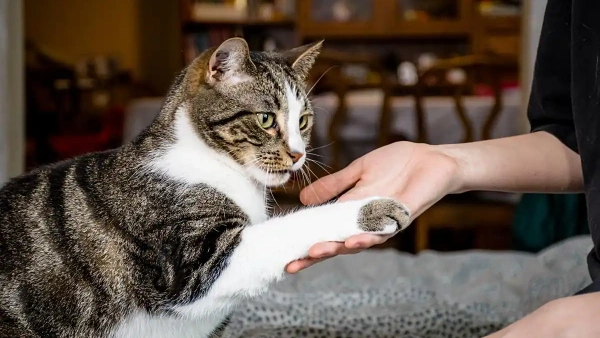
Why Choose Natural Flea Control for Cats?
Many pet owners turn to natural flea control because they want to avoid harsh chemicals. These methods provide peace of mind while still helping to reduce flea infestations. Key benefits include:
Lower risk of side effects compared to chemical flea treatments.
Safe for long-term use in daily care routines.
Gentle enough for sensitive cats, such as kittens and pregnant cats.
Eco-friendly and safer for households with children.
Popular Natural Flea Remedies for Cats
Coconut Oil
Coconut oil contains lauric acid, which can weaken the outer shell of fleas and make survival difficult. Apply a small amount to your hands and gently rub it on your cat’s fur. It should be used sparingly to avoid greasy buildup. While licking small amounts is not harmful, it should not be a regular dietary supplement without veterinary advice.
Apple Cider Vinegar Spray
Apple cider vinegar has a strong smell that makes it difficult for fleas to stay on your cat. Mix equal parts of water and vinegar in a spray bottle and apply lightly to your cat’s coat or bedding. Be careful not to spray directly on wounds or sensitive areas like the eyes.
Lemon Water
Lemon contains limonene, a natural flea repellent. You can boil sliced lemons in water, let it cool, and spray lightly on your cat’s fur or around the home. Avoid using concentrated lemon juice directly, as it may irritate your cat’s skin.
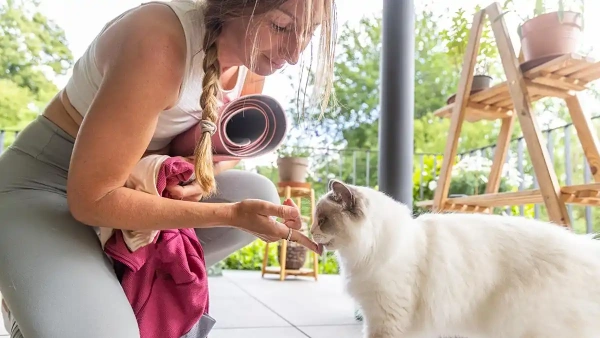
Herbs: Lavender, Rosemary, and Catnip
Some herbs naturally repel fleas. Lavender and rosemary can be turned into sprays, while dried catnip can be placed around your cat’s bedding. These plants are gentle, but they should not be ingested in large amounts.
Safety Tips for Using Natural Flea Treatments
Avoid essential oils such as tea tree or eucalyptus—they are toxic to cats.
Always dilute sprays before applying to your cat’s fur.
Test new remedies in small amounts and observe your cat’s reaction.
Remember that natural flea control for cats works best as a preventive measure, not as a cure for heavy infestations.
Keeping Your Home Flea-Free
Even with natural flea remedies, fleas can return if the environment is not cleaned regularly. Make sure to:
Wash your cat’s bedding, blankets, and toys with hot water.
Vacuum carpets, sofas, and corners where flea eggs may hide.
Use lemon water or herbal sprays on household surfaces.
Keep your home dry to prevent flea breeding.
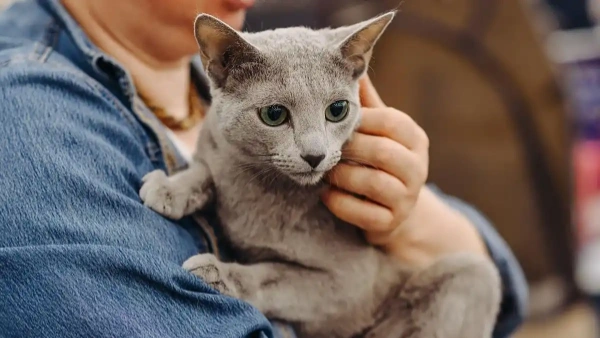
When to Consider Veterinary Flea Medications
Natural flea treatments are effective for prevention, but sometimes professional products are necessary. Seek veterinary help if:
Your cat has a heavy flea infestation with visible fleas.
Your cat develops flea allergy dermatitis, leading to hair loss or open sores.
Your cat shows signs of anemia, such as pale gums or lethargy.
You have multiple pets with recurring flea problems.
Everything Our Vets Recommend
Natural Flea Control for Cats FAQs
Can natural flea remedies completely get rid of fleas?
No. Natural flea treatments for cats mainly repel fleas but may not kill them all. For severe infestations, veterinary medications are often necessary.
Are apple cider vinegar and lemon safe for cats?
When diluted properly, apple cider vinegar and lemon water are generally safe. However, avoid direct contact with sensitive skin areas or wounds.
Can kittens or pregnant cats use natural flea control?
Yes, but stick to gentle options like coconut oil or diluted apple cider vinegar. Always consult your vet before starting any new flea remedy for vulnerable cats.
Which Natural Flea Control Works Best?
Coconut oil and diluted apple cider vinegar are considered the safest and most effective options. Herbal methods like catnip and lavender can also provide additional protection.
How Often Should Natural Flea Treatments Be Used?
Most natural remedies can be used 2–3 times per week, depending on your cat’s lifestyle. Outdoor cats may need more frequent applications, while indoor cats may only need weekly use.
Can Natural Remedies Be Combined with Flea Medications?
Yes. Using natural flea control for cats alongside prescribed flea medication is safe and often helpful. The natural method helps maintain protection between doses.
Final Thoughts
Natural flea control for cats gives pet owners a gentle way to protect their pets from fleas without overusing chemicals. While these remedies help prevent fleas, they may not completely eliminate infestations. The best approach is a combination of natural care, home cleaning, and veterinary support. By balancing these strategies, you can keep your cat healthy, comfortable, and flea-free.
You May Like:
- How to Get Rid of Fleas on Cats Fast? Owners Miss This
- How Do You Know if a Cat Has Fleas in 2025: Vet Insights
- How to Kill Fleas on Cats Fast: Updated 2025 Care Guide
- Best Chewable Flea and Tick for Cats: Hidden Risks to Know
User Comments
Does flea treatment kill ear mites too?
Can dogs take human probiotics?
Can dogs have people probiotics safely?
Related Articles
View all
How Often Flea Treatment Cat? Most Owners Get This Wrong
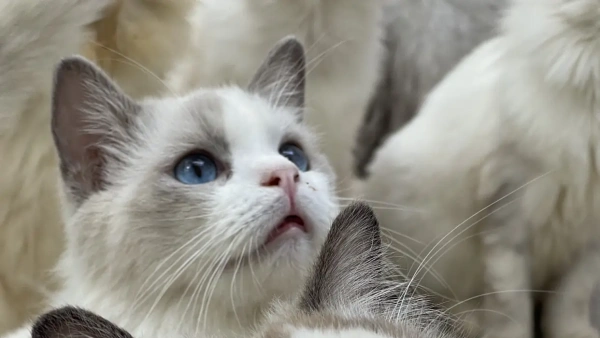
How to Apply Flea Medicine on Cats: Beginner’s Guide
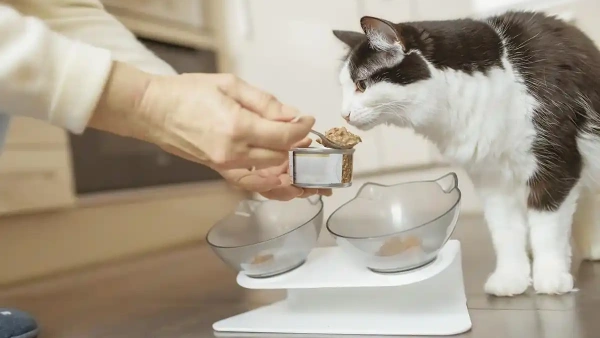
Best Cat Flea Spray for Cats in 2025: Vet Approved
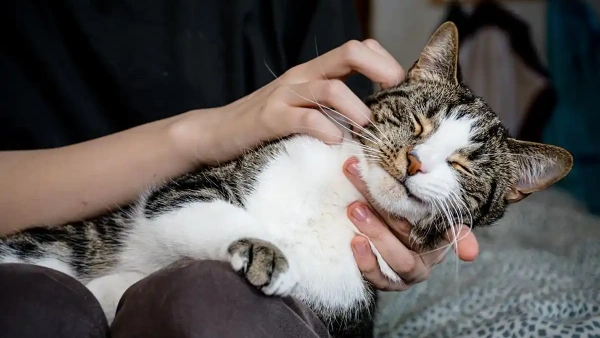
Where to Put Flea Treatment on Cat: Updated 2025 Guide

How Often Flea Treatment Cat? Most Owners Get This Wrong

How to Apply Flea Medicine on Cats: Beginner’s Guide

Best Cat Flea Spray for Cats in 2025: Vet Approved

Where to Put Flea Treatment on Cat: Updated 2025 Guide
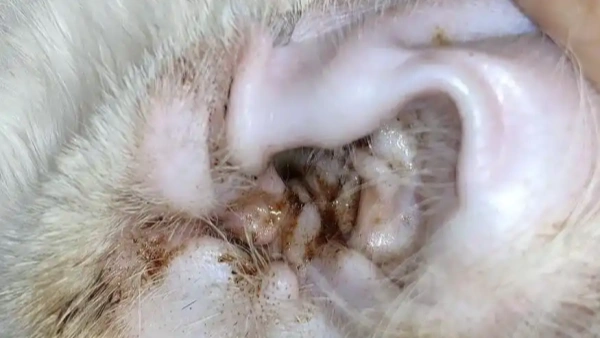
Best Flea and Ear Mite Treatment for Cats (2025 Review)
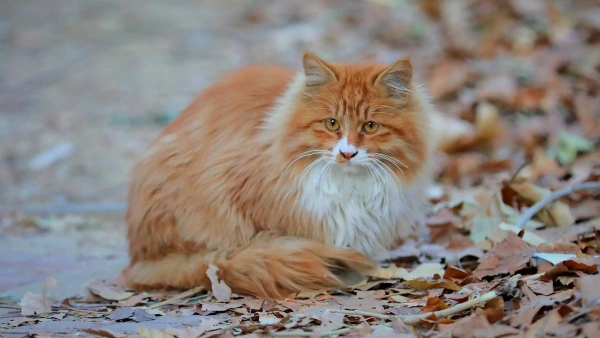
Safest Flea Prevention for Cats: A Complete 2025 Owner’s Guide

Flea Spray for Kittens: Best Options and Vet Advice 2025

Fleas on Newborn Kittens: Complete Treatment and Prevention


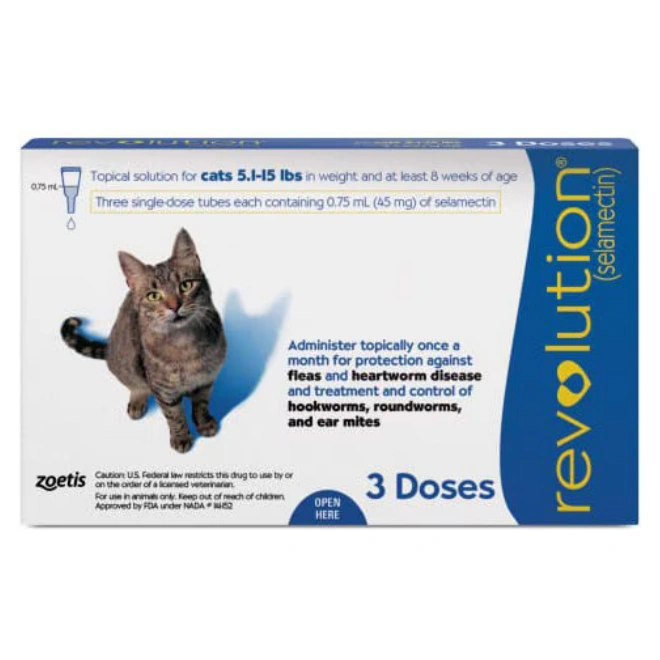
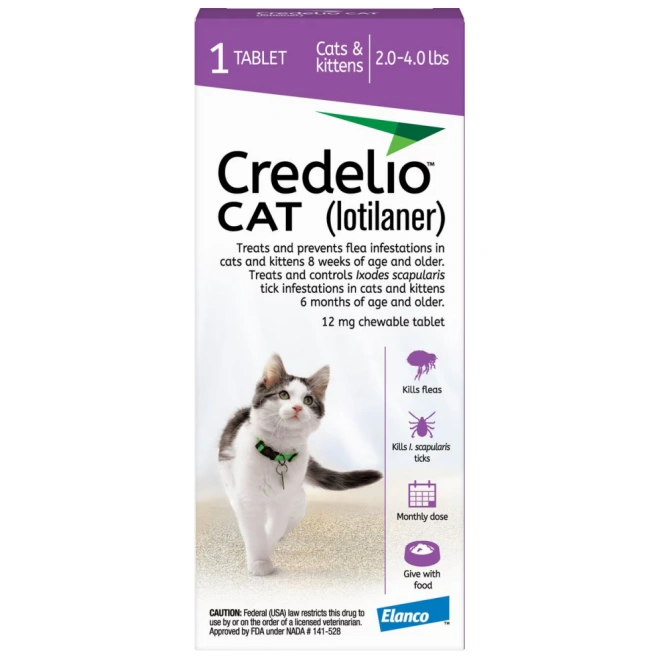
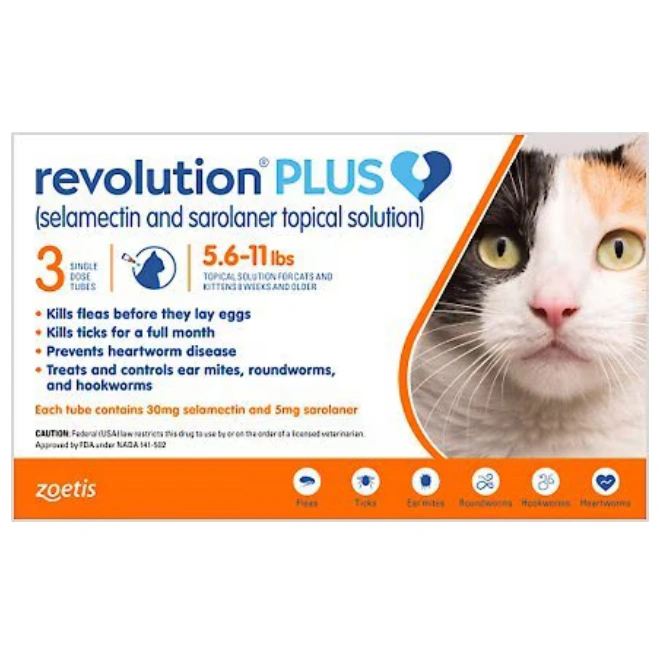
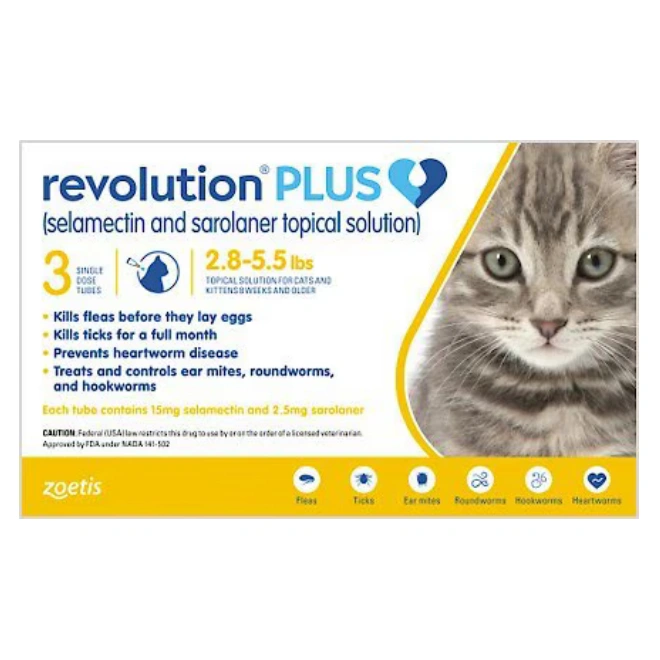








Leave a Reply